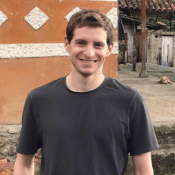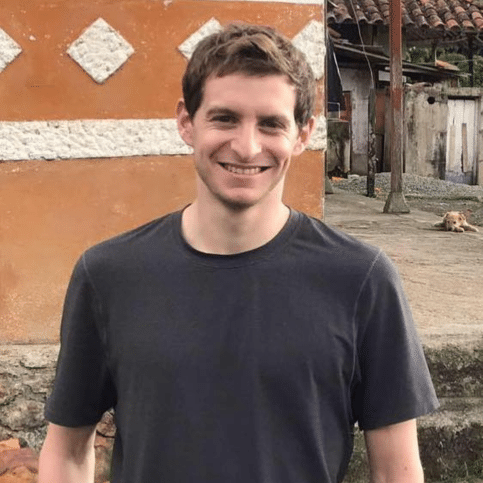Researcher Spotlight: Michael Schneider, MD, PhD
THE TRUSTEES OF THE UNIVERSITY OF PENNSYLVANIA

Treatment of lymphoma has been revolutionized by the development of chimeric antigen receptor (CAR) T-cell therapies, which elicit robust responses in many patients. However, a large number of patients still relapse after CAR T cell therapy, and Dr. Schneider would like to understand why. “As a physician, my very first clinical rotation was on the lymphoma service, taking care of hospitalized lymphoma patients,” he recalls. “I was amazed at how dramatically the condition of many of these patients improved with treatment of their lymphoma. However, I was equally upset by the group of patients who did not benefit from their therapies. I knew that I wanted to play a role in improving treatment options for these patients.”
Dr. Schneider completed his MD/PhD at Stony Brook University in New York. He is now working as a hematology/oncology fellow at the Hospital of the University of Pennsylvania, where his research focuses on understanding the role of Notch signaling pathways in CAR T-cell responses. “As a scientist, I have a strong interest in exploring the role the immune system plays in fighting cancer and how we can use therapies to mobilize patients’ immune systems toward this end,” he explains.
Building on this work, Dr. Schneider is looking forward to a career as a physician-scientist straddling the interface between basic science and clinical medicine, with a focus on the optimization of immunotherapies. “Lymphoma is a heterogenous disease and can respond to a variety of forms of immunotherapy, which appeals to me as a researcher,” he says. “I am excited by the prospect of improving these immunotherapeutic options so that they will benefit a broader cohort of lymphoma patients.”


